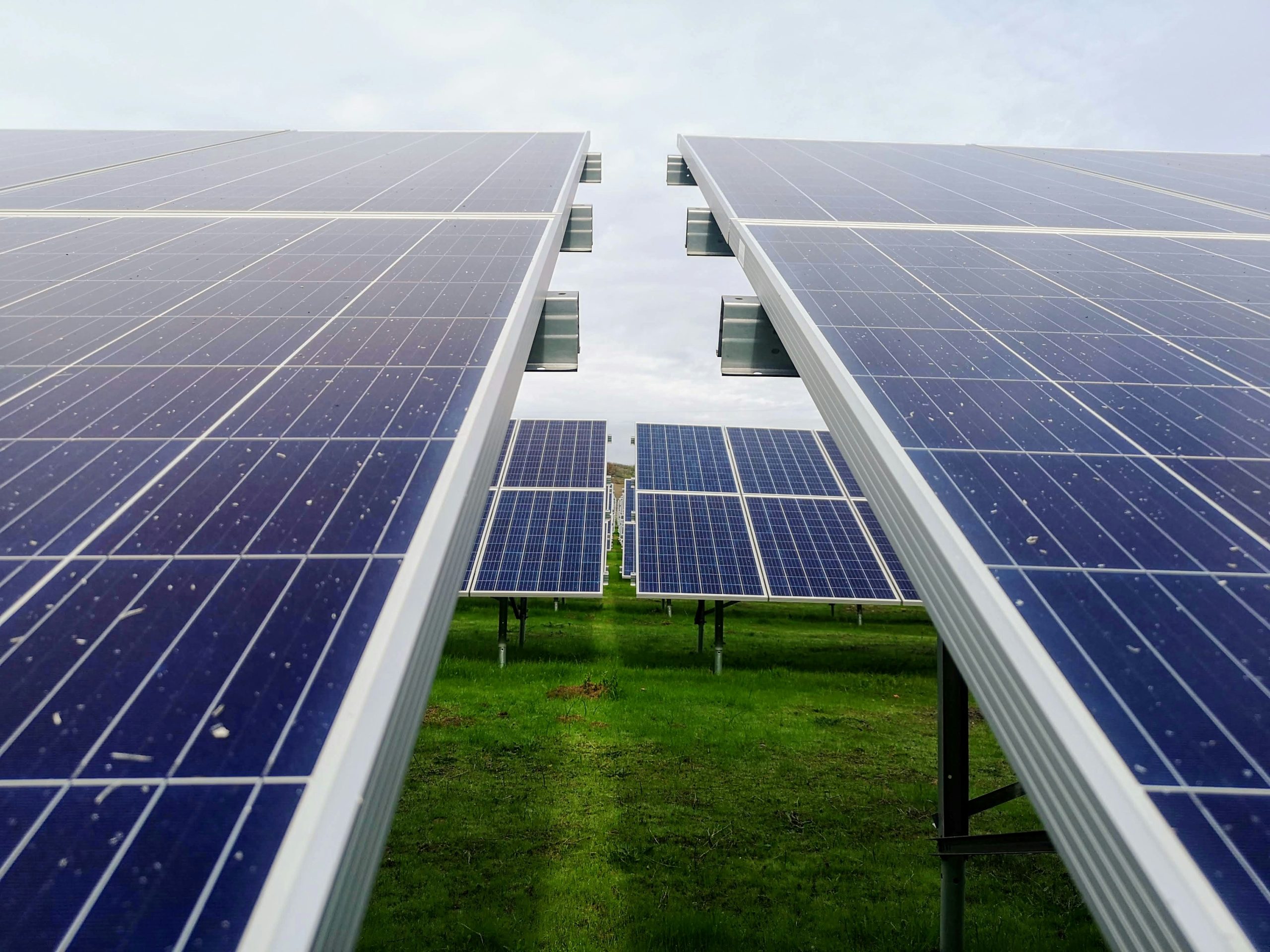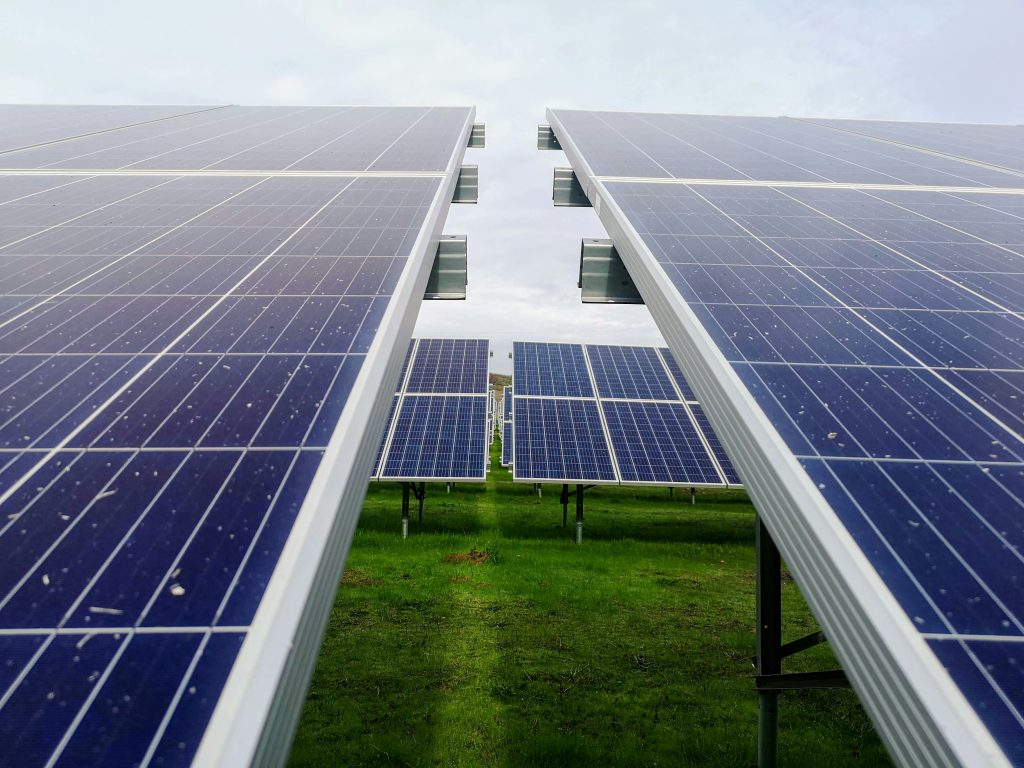This grant has expired.
This grant has expired and is no longer available. However, please contact Avant Group in case there are alternative grants available or to be informed if this grant will reopen.

NSW Net Zero Manufacturing Initiative – Renewable Manufacturing
- EOI applications will remain open until 19 April 2024.
- Successful projects are eligible for grants ranging from $5 million to $50 million, with the requirement to contribute at least 50% of the total project cost in cash.
The Net Zero Manufacturing Initiative, integral to the NSW Government's aim for net zero emissions by 2050, combines three programs:
- Clean Technology Innovation (CTI) for developing low-emission technologies
- Low Carbon Product Manufacturing (LCPM) to support local production of essential low-carbon goods
- Renewable Manufacturing (RM) to boost local production of renewable energy components.
The objectives of the RM fund aim to:
- stimulate economic growth throughout NSW
- enhance the capacity and expertise of the state's renewable energy supply chain
- mitigate supply chain risks while ensuring stability for the NSW renewable energy sector.
Key Requirements
The first round of the RM construction-ready stream offers a total of $150 million, with successful projects eligible for grants ranging from $5 million to $50 million. Successful applicants are required to contribute at least 50% of the total project cost through cash from sources other than the NSW Government, with in-kind contributions not considered towards meeting this requirement.
The construction-ready stream entails a two-stage application and assessment process, starting with an expression of interest (EOI) stage, followed by an invitation to submit a detailed application, where only EOIs meeting eligibility requirements and merit criteria will proceed to the next stage.
During the EOI stage, eligible applications will undergo assessment against two merit criteria. To advance to the detailed application stage, applicants must showcase adherence to these criteria.
- The first criterion focuses on deliverability and technical feasibility, evaluating factors such as technical capability, capacity, and resources necessary to operate the manufacturing facility, including the readiness to establish an operational commercial-scale facility within four years of contract execution, by 30 June 2030 at the latest.
- The second criterion assesses financial and commercial feasibility, specifically examining the market viability of the renewable energy product.
During the detailed application stage, eligible applications will be evaluated against four key merit criteria.
- The first criterion focuses on deliverability and technical feasibility, delving into aspects like technical capability, capacity, and resources required to establish and manage the manufacturing facility, including the readiness to establish an operational commercial-scale facility within four years of contract execution, by 30 June 2030.
- The second criterion involves a detailed assessment of financial and commercial feasibility, encompassing the market viability of the renewable energy product, the financial viability and profitability of manufacturing the product, and the financial viability of the existing business entity, parent company, or participant in a joint venture.
- The third criterion examines the strategic significance of the proposed project, evaluating its potential to enhance the NSW supply chain capacity and capability for the renewable energy sector, mitigate supply chain risks, and stimulate economic growth within NSW.
- The fourth criterion assesses the value for money and affordability to the government, considering factors such as the contribution of the proposed project to the NSW economy through a cost-benefit analysis conducted by the Department, the benefit-cost ratio (BCR) requirement generally above one, and a positive net benefit (Net Present Value) per dollar of government grant. Additionally, the funding contribution from the applicant, partners, and other non-NSW Government sources must constitute at least 50% of the total proposed project cost, with in-kind (non-financial) contributions deemed ineligible.
What is eligible for funding?
To qualify for funding, the lead applicant must ensure that the proposed project involves the establishment or expansion of industrial facilities in NSW aimed at manufacturing renewable energy products at a commercial scale.
This includes items like components for grid-scale renewable energy generation, storage, and transmission, such as wind towers, solar panels, batteries, transmission cables, and hydrogen electrolysers. Additionally, the project must be situated within NSW, anticipated to be fully operational within four years of contract execution and no later than 30 June 2030, sustainable without ongoing government support, unique to NSW or occurring within the same timeframe solely due to government assistance, equipped with a viable commercial strategy, and backed by a minimum financial contribution of at least 50% of the total proposed project cost from non-NSW Government sources. Contributions in the form of in-kind (non-financial) resources are not considered towards meeting this 50% contribution requirement.
Examples of eligible projects include the construction of a lithium-ion battery manufacturing plant aimed at serving the electric vehicle and utility-scale energy storage markets, as well as the establishment of a new wind turbine component manufacturing facility tasked with producing and assembling components for both local and export markets. Another eligible project involves the construction of a solar cell and module manufacturing plant focused on producing solar modules for residential, commercial, and grid-scale solar farms. Additionally, the construction of a significant new electrolyser manufacturing and assembly facility aimed at supplying hydrogen electrolysers to both domestic and international markets, and the production of high-voltage transformers specifically designed for dispatching renewable energy across electricity networks, are also deemed eligible.
Funding can be utilised for capital expenses (CAPEX) and other project-related costs, which are only allowable once both parties have ratified a funding agreement.
These costs may encompass several aspects, including the acquisition of land (if essential for the project and viable alternatives for renting are unavailable), procurement, construction, installation, and/or commissioning of new plant, equipment, or machinery, as well as the purchase, construction, establishment, or fitting out of new facilities, buildings, or hubs. Additionally, funding may cover the acquisition of technology and/or intellectual property (IP) required for project execution, upgrades to existing facilities, buildings, plant, equipment, machinery, or technology necessary for project implementation and achievement of its objectives, and external project management and administrative expenses, capped at 10% of the project cost.
What companies are eligible for funding?
Applicants can be located internationally, interstate, or within NSW. To qualify for funding, the lead applicant must meet several criteria, including holding or being willing to obtain an Australian Business Number (ABN) before entering into a funding agreement, and being or becoming an entity type specified, such as a company incorporated in Australia, a company limited by guarantee, an incorporated trustee on behalf of a trust, an incorporated association or co-operative, or an Aboriginal and/or Torres Strait Islander Corporation registered under the Corporations (Aboriginal and/or Torres Strait Islander) Act 2006.
Additionally, they must be registered for goods and services tax (GST) prior to signing a funding agreement, hold or attain required insurances, including $20 million public liability insurance and worker’s compensation, not be subject to any insolvency event, not be listed on the Australian Department of Foreign Affairs and Trade (DFAT) sanctions list, disclose any legal proceedings or investigations that may impact their ability to fulfil obligations under the funding agreement, disclose all Australian Government and/or Australian state territory grants applied for concerning the proposed project over the last 5 years, comply with employment contracts, industrial agreements, codes of conduct and practice, and Workplace Health and Safety legislation, and obtain Foreign Investment Review Board (FIRB) approval before commencing the project if required.
Is this grant competitive or entitlement based?
Competitive. Your application will be assessed among other applications by a judging panel.
How can I increase my chances of winning this grant?
By engaging an accredited government grants consultant, such as Avant Group.
Competitive grants often require significant business case development and project analysis to support the application, this may include detailed presentations supporting the project’s merit, projected sales, cost-benefit analysis and more.
As part of your engagement with Avant Group, your account manager will assess the required documents and will provide the following as needed to support your grant submission.
Grant application writeup including a detailed presentation illustrating how the grant funding will contribute to your project, how the funding will contribute to the project’s budget, a project milestone plan, delivery timeline, impact on employment if applicable and a breakdown of the management and leadership team for the project
- Industry analysis presentation
- Competitor Analysis Presentation
- Marketing and Sales Analysis Presentation
- 3-5 year Cashflow Forecast
- 3-5 year Balance Sheet Forecast
- Cost-Benefit Analysis of Grant Funding
- End-to-end grant application including information collating, analysis and application writing
- CAPEX (Capital Expenditure) cost-benefit analysis
- Stakeholder relations and Risk Mitigation Plans
- Any other relevant forecasting that will support your application
How can I get help with my application? Or know if I’m likely to win funding?
Avant Group offers a no-obligation assessment of your eligibility for funding and will assess your likelihood of a successful grant application.
